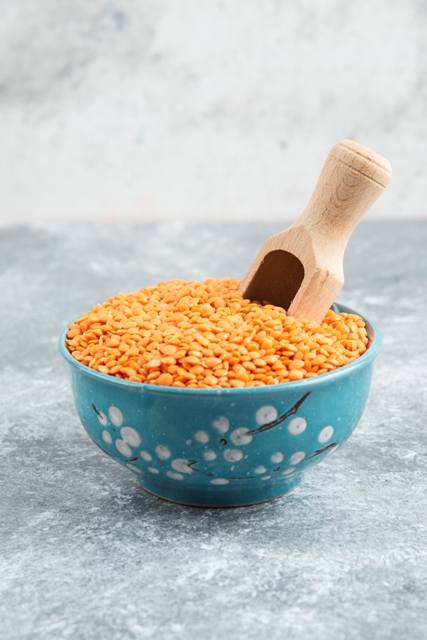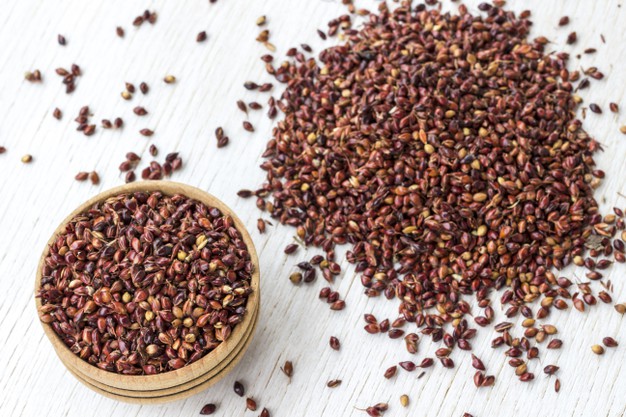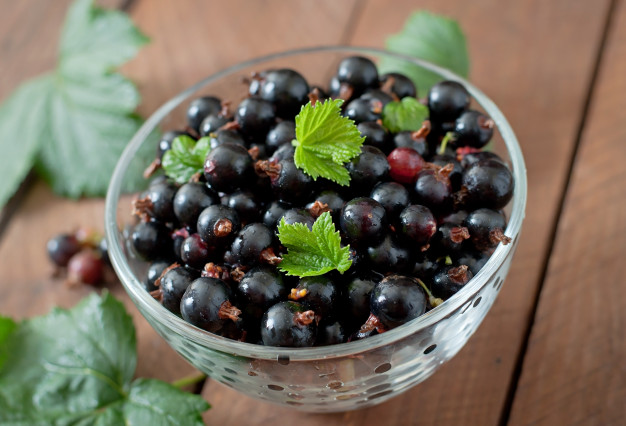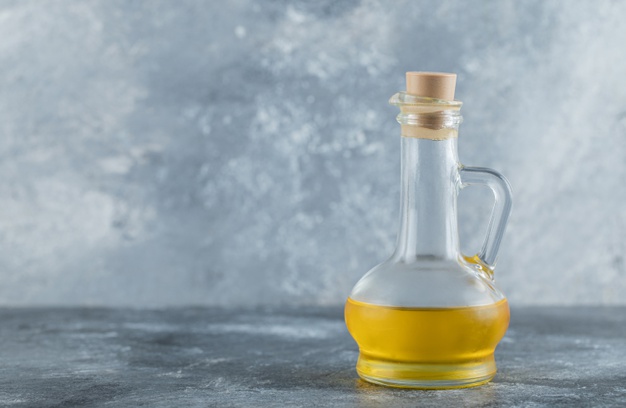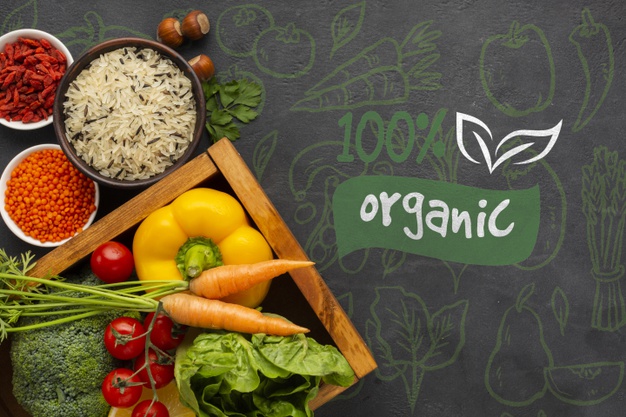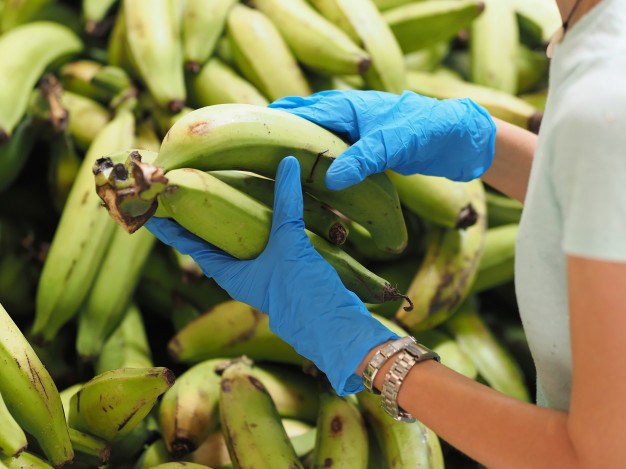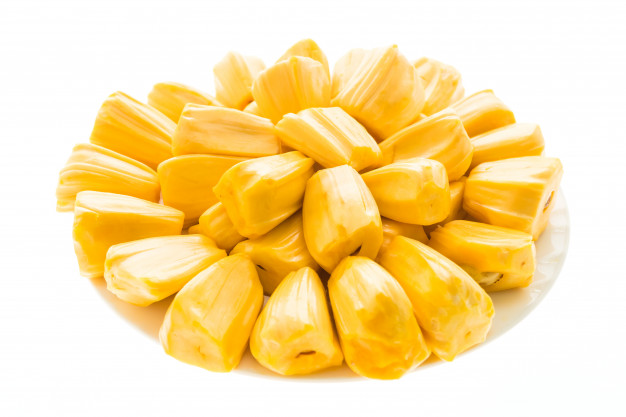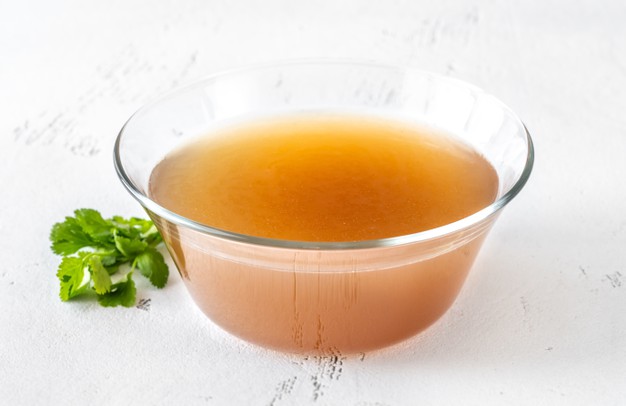Pigeon pea is a nutritious legume belongs to Fabaceae family. It is extremely rich in proteins, fibre, B vitamins and various micronutrients that offer numerous health benefits.
Nutritional profile
- It contains lesser amount of carbohydrates
- It contains adequate amount of fibre
- It contains significant amount of proteins and composed of various important amino acids
- It contains too some extent of fats as well. Mainly the fat found in pigeon pea is unsaturated fatty acid. It does not contain enough saturated fat and totally free from cholesterol
- It does not provide enough calories on its oxidation due to its poor carbohydrate and fat contents thus it is considered as low calorie food
- It is packed with various imperative micronutrients, which include Vitamin C, Vitamin B1, B2, B3, B6, B9, calcium, phosphorus, iron, potassium, copper, manganese, magnesium, zinc and selenium
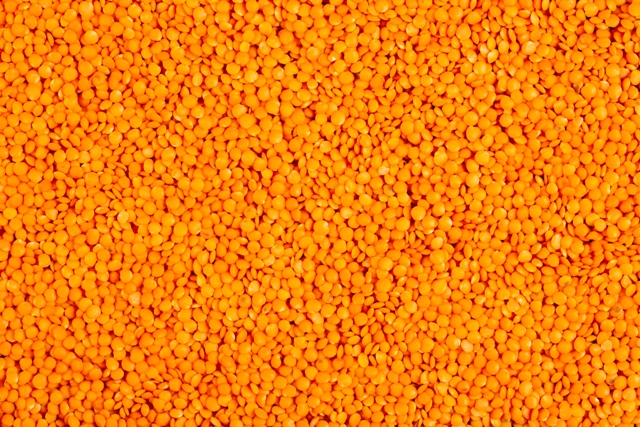
Biological activity
Antioxidant activity
- It is loaded with micronutrients and phytonutrient components, which act as powerful antioxidant
- It plays vital role in neutralizing free radicals as a result helps to protect the body from its detrimental effects
- It significantly reduces oxidative stress as a result helps in reducing the susceptibility of developing chronic diseases
- It is also related with preventing lipid peroxidation and protects the body from its harmful consequences
- Moreover its consumption is incredibly helpful for promoting overall wellbeing

Anti-inflammatory activity
- It exerts potent anti-inflammatory activity, which plays vital role in preventing inflammation
- Organic compounds present in pigeon pea help in decreasing the concentration of inflammatory markers in body as a result help to delay the progression of inflammatory events, which help to provide quick relief from swelling and inflammation
- It is also very effective for improving the symptoms of arthritis as it helps to protect the joint from inflammatory damages
Hypotensive activity
- It is considered as a super food for hypertension
- Potassium component of pigeon pea is considered as the main constituent responsible for exerting hypotensive activity. Potassium acts as vasodilator, which helps in dilating the blood vessels as a result increases blood flow, which subsequently reduces high blood pressure
- Inclusion of pigeon pea in the diet of those individual who suffer from hypertension or who are at risk of cardiovascular diseases, is considered as a wise move
Hypolipidemic activity
- It helps in decreasing total fat percentage of body by exhibiting hypolipidemic activity
- It significantly decreases the concentration of LDL, VLDL and triglyceride in body as a result helps to decrease the risk of developing hypercholesterolemia
- Whereas it is also associated with increasing the level of HDL, which provides various positive impacts on health

Health benefits
Role on immunity
- Its consumption is very useful for boosting up the overall immunity of the body as it is packed with numerous immune supporting nutrients
- It helps in enhancing the resistance power of the body in many folds, which ultimately helps to protect the body from various diseases
- Its Vitamin C content helps in promoting the synthesis of WBC in body that makes the body able to fight against infections, which significantly reduces the prevalence of infectious diseases
- It has seen that one can get maximum vitamins from legumes if they consume it raw because cooking can reduce the amount of vitamins especially Vitamin C by about 25%. Thus it is better to consume raw pigeon pea in order to get all vitamins out of it
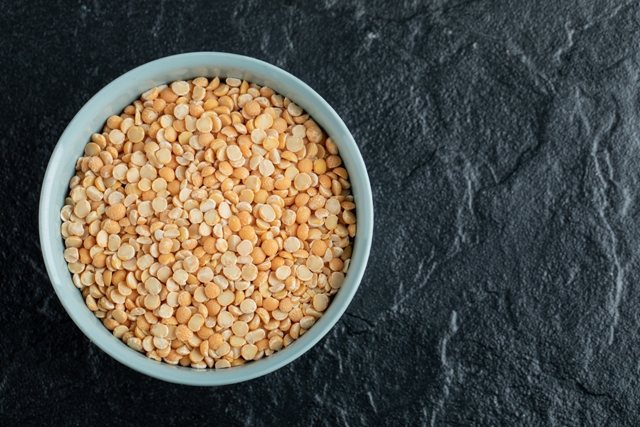
Role on digestive health
- It plays vital role in improving digestion and all the credit goes to its fibre content
- It helps in improving nutrients absorption as well
- Individual suffer from constipation should try pigeon pea as it helps to improve bowel movement and facilitates defecation
- It is also associated with improving the symptoms of inflammatory bowel disease as it helps to decrease the strain as well as prevents inflammation and also helps to protect the digestive tract from damages
- It helps to promote colonic health too
- Its fibre content plays vital role in improving overall gut health as it helps to improve the growth of intestinal flora
- It plays significant role in preventing cramping
- It is also associated with preventing bloating
- Its consumption help to treat diarrhoea as well

Role on metabolism
- Consumption of pigeon pea is really very helpful for boosting up the energy level of the body as a result ensures healthy metabolism
- Its B vitamin components especially Vitamin B1, B2, B3 and B6 play vital role in promoting metabolism as they act as coenzymes in various metabolic reactions thus helps in promoting cellular respiration
- It is also associated with preventing the storage of fat thus helps to boost up overall energy level without packing on any extra kilograms
Role on promoting growth and development
- It is extremely popular throughout the world for its protein content, which is awfully essential for promoting overall growth of the body
- One can get enough proteins by consuming pigeon pea that ensures optimum growth and development of the body as protein acts as building block of everything like cells, tissues, bones, muscles etc
- Its protein content is also associated with promoting the regeneration of cells as well as tissue re-synthesis thus helps to accelerate the healing process too

Role on weight management
- It is considered as an imperative therapeutic substance for weight reduction
- As it is associated with boosting up the catabolic rate of the body thus its consumptions is thought to be extremely useful for facilitating weight reduction
- Its fibre and protein contents are also considered as important weight reducing components as they are responsible for delaying stomach emptying as a result they help to keep an individual full for a long period of time, which hinders appetite hence reduces over consumption
- Its lipid lowering activity is another important measure that helps in preventing obesity especially visceral obesity
- Apart from that it is also considered as a low calorie food thus it can be a part of weight reducing diet
Therapeutic uses
It has been traditionally used for various therapeutic purposes, which include –
- It acts as an important therapeutic substance for cardiac health. It contains various cardio protective nutrients that not only help in promoting cardiac health but also helps to decrease the susceptibility of developing cardiovascular diseases
- Its cholesterol lowering activity plays imperative role in reducing the prevalence of atherosclerosis, which is considered as one of the main causative factors of cardiovascular diseases
- Its consumption decreases the prevalence of heart attacks and strokes
- It also helps in preventing anemia as its iron and folic acid components are accountable for promoting the synthesis and maturation of RBC and hemoglobin
- It helps to improve the health and activity of connective tissue
- It also helps in strengthening overall skeletal system
- It helps to improve muscular health too
- It can be also included in the diet of diabetic patients. As it is a low glycemic food thus its consumption does not increase the risk of enhancing blood glucose load. Whereas its fibre content is also responsible for decreasing blood sugar concentration by delaying glucose absorption from intentional epithelial cell

Risk factors
Though it does not trigger any adverse effects on health but individual who are allergic to beans and legumes should avoid its consumption
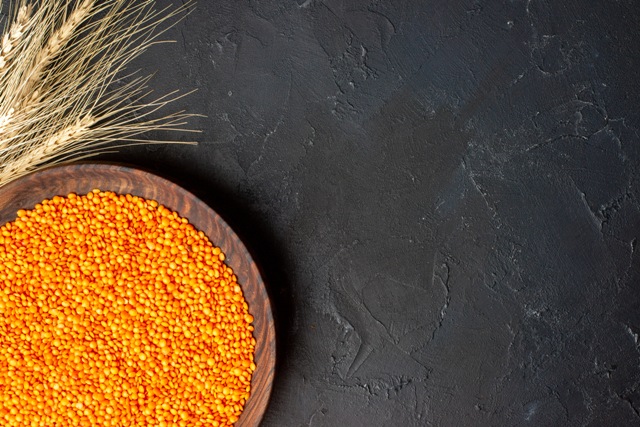
Source:
Jeevarathinam, G. and Chelladurai, V., 2020. Pigeon pea. In Pulses (pp. 275-296). Springer, Cham.
Majili, Z.S., Nyaruhucha, C., Kulwa, K., Mutabazi, K., Rybak, C. and Sieber, S., 2020. Preferences and consumption of pigeon peas among rural households as determinants for developing diversified products for sustainable health. Sustainability, 12(15), p.6130.
Mremi, R.F., 2020. Predictors of pigeon peas consumption among school aged children in kongwa district, Dodoma region (Doctoral dissertation, Sokoine University of Agriculture).
Olagunju, A.I. and Omoba, O.S., 2021. Pigeon Peas Possess Significant Protein and Starch Fractions with Potential as a Functional Ingredient in Food Applications. In Handbook of Cereals, Pulses, Roots, and Tubers (pp. 343-356). CRC Press.
Talari, A. and Shakappa, D., 2018. Role of pigeon pea (Cajanus cajan L.) in human nutrition and health: A review. Asian Journal of Dairy and Food Research, 37(3), pp.212-220.
